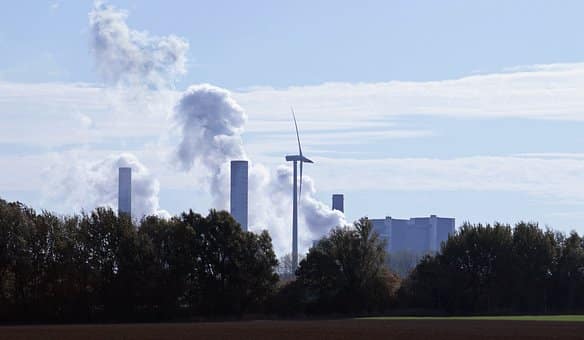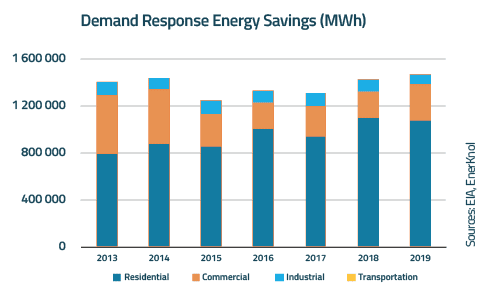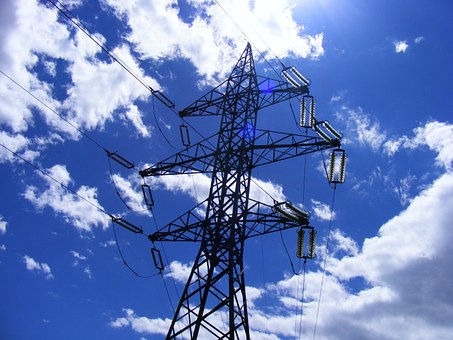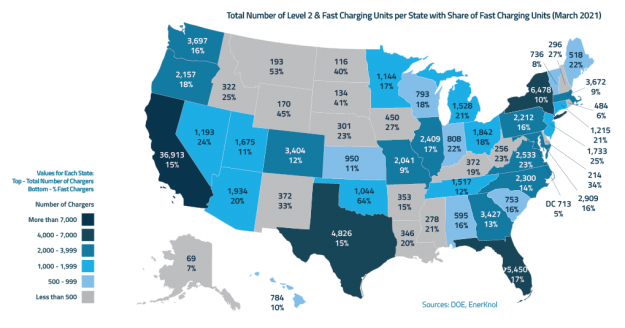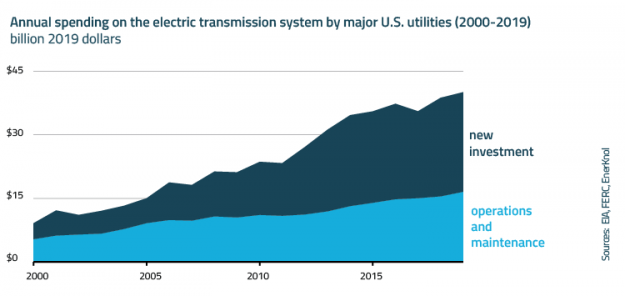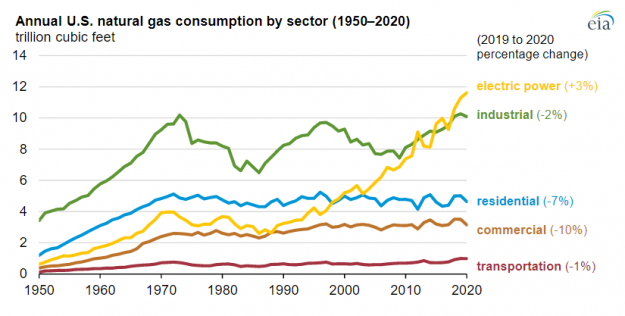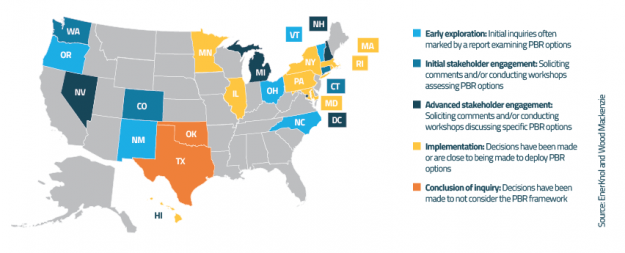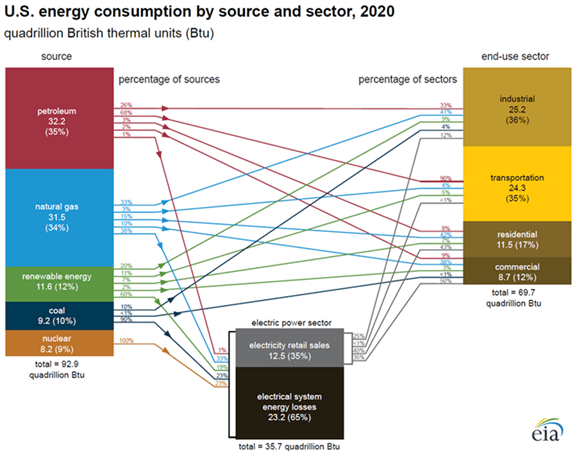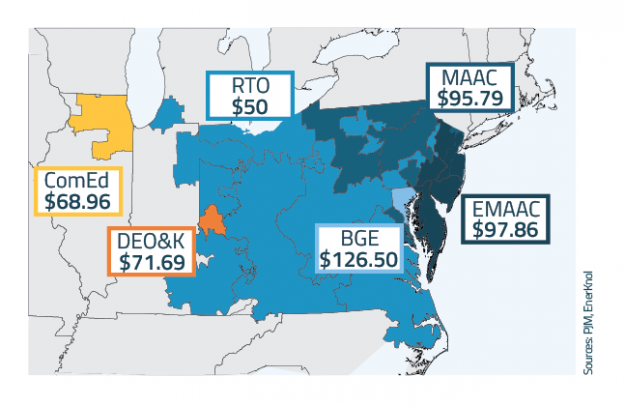Minnesota Regulator Explores Role of Gas Utilities in Achieving Emission Goals
The Minnesota Public Utilities Commission launched a proceeding on July 23 to examine regulatory and policy structures governing natural gas utilities, in a bid to evaluate potential changes required for accomplishing the state’s greenhouse gas reduction goals. The move stems from the Natural Gas Innovation Act enacted in June establishing a regulatory framework for gas…...
